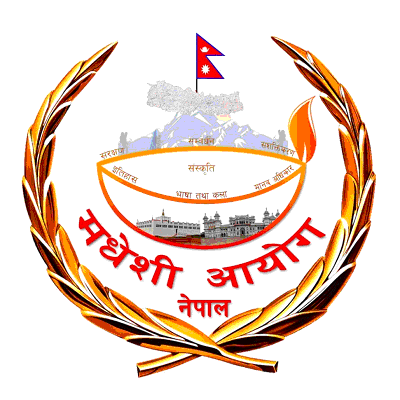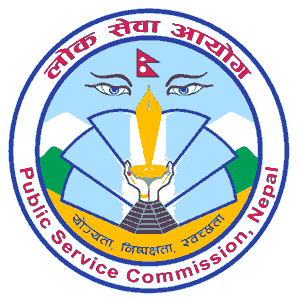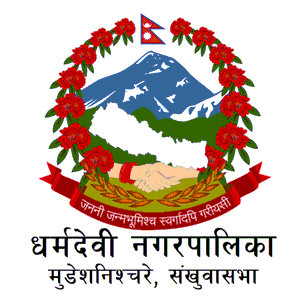Overview
The Local Development Training Academy (LDTA - Sthaniya Bikas Prashikshan Pratisthan) was founded on September 20, 1993, marking a significant step towards enhancing local administrative and managerial capabilities in Nepal. It operates under the Local Development Training Institute Act of 1993, focusing on building the capacity of local levels for improved governance and development outcomes.
Evolution and Expansion
Since its inception, LDTA has been at the forefront of capacity building, especially after the transformative people's movements of 1990 and 2005-2006. These movements necessitated an expansion in LDTA's scope of operations to meet the growing demand for skilled local governance. Adapting to national changes, LDTA has refined its strategies to offer both short-term and long-term training programs aimed at developing human resources at the grassroots level.

Strategic Priorities and Collaborations
Acknowledging the complexity of local development challenges, LDTA prioritizes leadership development and collaboration. It works closely with the Ministry of Federal Affairs and General Administration and leverages partnerships with both domestic and international stakeholders to fulfill its mission.
Organizational Structure
The governance of LDTA is outlined in its founding act, with a council comprising key governmental stakeholders overseeing its operations. This council includes ministers, secretaries from various ministries, and the executive director of LDTA, ensuring a comprehensive approach to local development training.
The Local Development Training Academy (LDTA) is guided by a council, identified as its supreme governing body. This council is responsible for setting the strategic direction and overseeing the overall operations of the academy. The composition of the council reflects a broad spectrum of governmental oversight, ensuring that LDTA's activities align with national priorities and development goals.
Council Composition
- Chairman: The Union Affairs and General Administration Minister or Minister of State leads the council, providing high-level oversight and strategic guidance.
- Vice-Chairman: The Union Affairs and General Administration Assistant Minister serves as the Vice-Chairman, supporting the Chairman in the council's duties.
- Members: The council includes members from various governmental sectors, reflecting a multidisciplinary approach to local development training:
- A member from the National Planning Commission specializing in Federal Affairs.
- The Secretary of the Ministry of Finance, bringing financial expertise to the council.
- The Secretary of the Ministry of Federal Affairs and General Administration, ensuring alignment with governmental administration goals.
- The Secretary of the Ministry of Education, Science and Technology, contributing insights on educational frameworks and technology integration.
- The Secretary of the Ministry of Physical Infrastructure and Transport, providing perspective on infrastructure development and its impact on local development.
- Member-Secretary: The Executive Director of the Local Development Training Institute serves as the Member-Secretary, facilitating the execution of council decisions and day-to-day operations.
Adaptive Structure
LDTA's organizational structure is designed to be adaptive, allowing for the inclusion of additional members or modifications as deemed necessary by the Government of Nepal. This flexibility ensures that the council can respond effectively to changing development needs and priorities.
Engagement of Experts
The council also has the provision to invite domestic and foreign experts to participate in meetings as observers. This allows for a rich exchange of ideas and best practices, further enhancing LDTA's capacity-building programs.
Potential Partners and Participants
- Comprehensive Capacity Building: LDTA's programs are designed to equip local officials with the necessary skills and knowledge to navigate the complexities of local governance.
- Responsive to Change: The academy dynamically adjusts its offerings to reflect the evolving needs of Nepal's local governance landscape.
- Collaborative Approach: Through partnerships with government bodies and international organizations, LDTA amplifies its impact across Nepal's diverse local levels.
The Local Development Training Academy stands as a cornerstone in Nepal's efforts to strengthen local governance through targeted training and development programs. Its commitment to enhancing administrative and managerial efficiency at the local level is a testament to its pivotal role in Nepal's ongoing development journey. For stakeholders looking to contribute to or benefit from LDTA's initiatives, there are ample opportunities for collaboration and growth.



.png)
.png)

-Logo.png)
-Logo.png)


